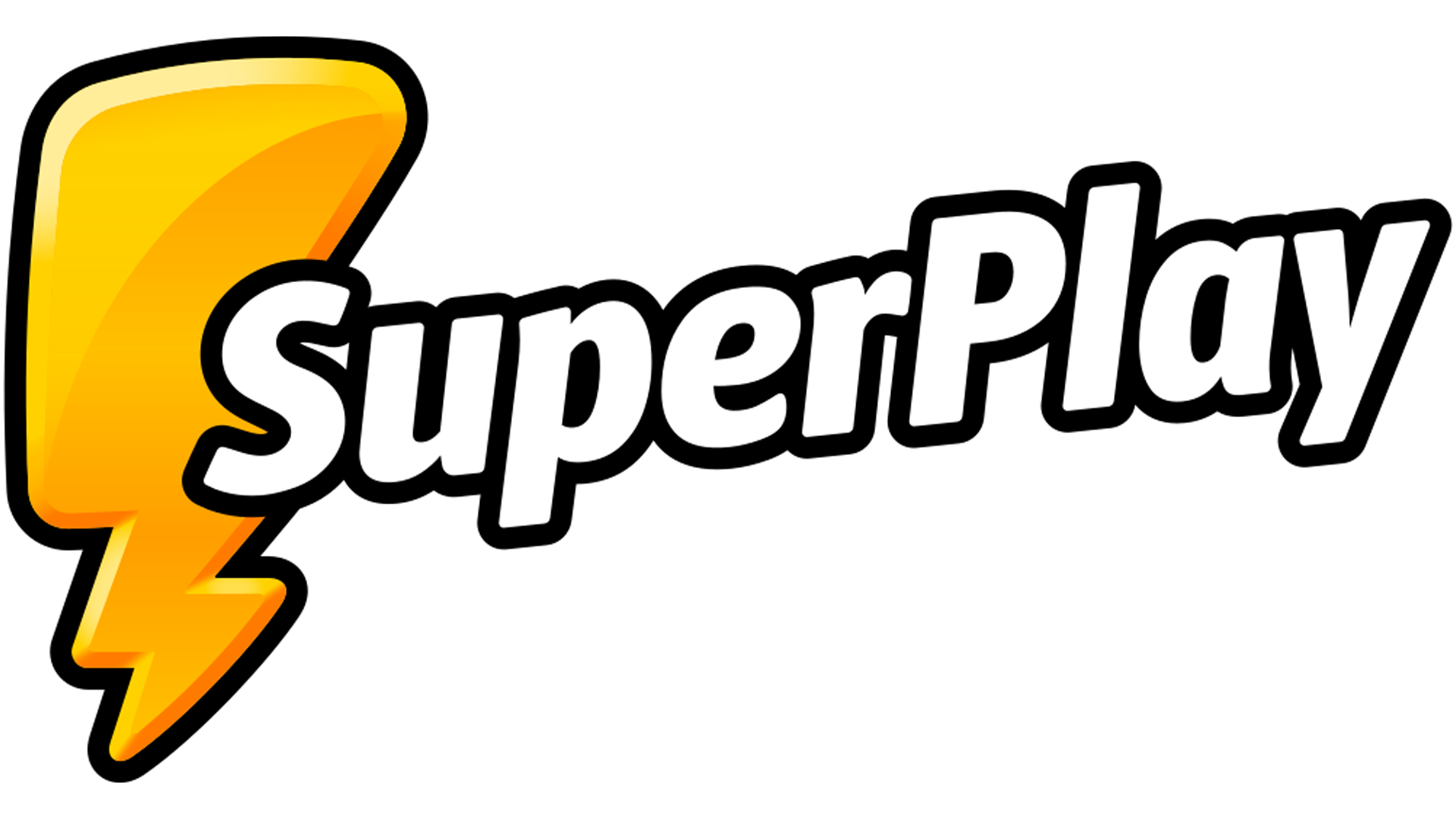

SuperPlay is a leading mobile gaming company known for their engaging, immersive user experiences. Founded by industry veterans from Playtika, Rovio, and PlayStudios, they have built a diverse portfolio with impressive titles. Notable games include Disney Solitaire, developed in partnership with Disney, and hit titles like Domino Dreams and Dice Dreams, which surpassed $400 million in gross revenue as of January 2025.
SuperPlay uses GitHub for code management, Looker for business intelligence, BigQuery for their warehouse and data hosting, and DataForm for data transformation and analytics. They relied on manual processes for modeling and transformation, supporting multiple games with separate BI teams, but lacked automated tools for data lineage and code validation.
After launching in 2019, SuperPlay’s dedicated BI teams were managing data across multiple games to support millions of players worldwide. As SuperPlay expanded its portfolio with two more games in development, Omer Biber joined as Head of Business Intelligence to unify complex data management processes.
At SuperPlay, each game had its own team that included dedicated BI developers. The team’s data stack included GitHub as a code repository and version control platform, Google’s DataForm for data modeling and transformations, and Looker for business intelligence and reporting. While these tools supported extensive operations, they couldn’t track data lineage or validate code changes impact across systems — not in runtime and, in particular, not at build time.
All BI and warehouse code review was funneled through one central team lead, who manually reviewed analytics code across all projects. This setup provided deep game-specific insights but limited collaboration and scalability. As the BI team grew from three to nine developers, code reviews became a bottleneck, and maintaining data accuracy became increasingly challenging. Untracked code changes posed the risk of discrepancies that could surface months later, making it difficult for the team to identify their source or prevent similar issues in the future.
While Omer and his team had taken some steps to enhance data quality, they soon realized they would need a more efficient and consistent system to manage code changes and ensure data accuracy. “Even small code changes could cause downstream problems,” he says. “We wanted a process where team members could approve code and catch issues before they could escalate.”
However, after exploring solutions for data management and code approval, Omer found most tools required access to sensitive data. He needed a data management tool that prevented data lineage issues while meeting security requirements.
That’s when SuperPlay discovered Foundational.
“Before Foundational, code releases were manual, time-consuming, and prone to errors. It created a bottleneck that limited scalability because it depended too much on individual team members.”
Foundational seamlessly integrates with SuperPlay’s DataForm and Looker code through GitHub, where Foundational’s native app automates pre-merge code validation and tracks lineage in real time. The data lineage is automatically extracted and visualized at build time before any code deploys — tracking how data flows through SuperPlay’s system and flagging potential data quality issues at build time.
For Omer, the security sets Foundational apart: unlike similar tools requiring access to sensitive user data, Foundational tracks code through GitHub without accessing SuperPlay’s internal database. This allowed Omer to implement and run the solution within hours.
SuperPlay now uses Foundational in three primary ways:
With Foundational, SuperPlay now has an efficient system to continuously monitor lineage tracking, with visibility at build time into how code changes impact downstream data.
“Foundational has given us the confidence to trust our processes, streamline approvals, and ensure data quality at every step.”
With Foundational, SuperPlay significantly improves code review efficiency and data integrity, enabling Omer and his team to scale operations more securely and efficiently.
Automating manual code reviews freed up SuperPlay’s team lead to focus on higher-level initiatives, like standardizing coding practices across game teams. Looking forward, SuperPlay plans to adopt Foundational’s upcoming features, including cost-reduction tools for cost monitoring and optimization.
“With Foundational, our team has a secure automated code review and validation process that assures data quality. That’s priceless.”